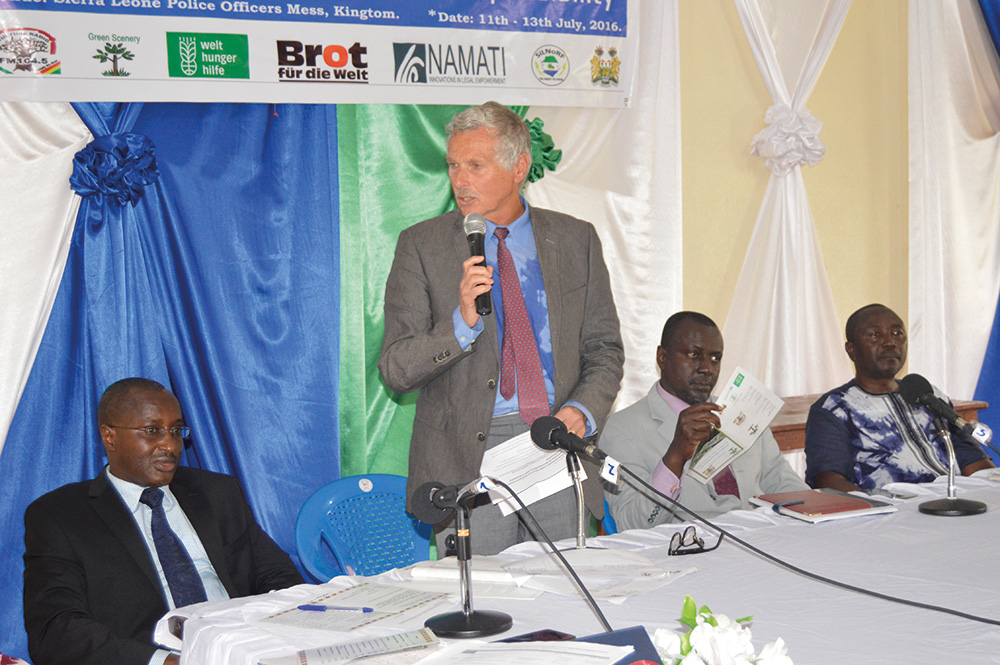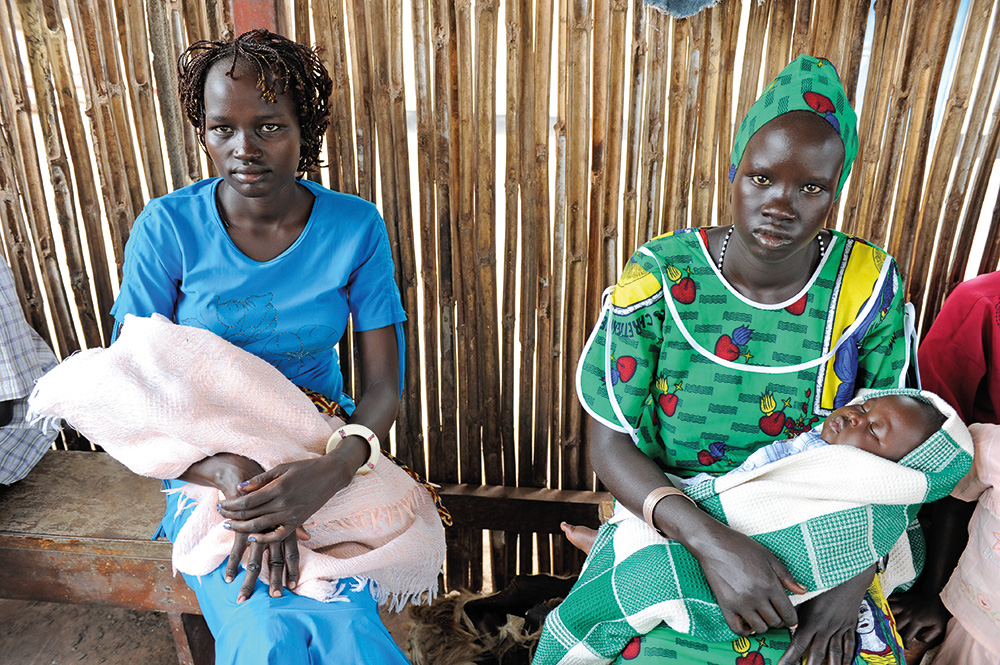DLG-Verlag was founded in 1952 as a subsidiary of DLG e.V. (Deutsche Landwirtschafts-Gesellschaft - German Agricultural Society) with its headquarter in Frankfurt/ Germany. The publishing company provides expertise for the agricultural and food sector.
With its subsidiaries Max-Eyth-Verlag and DLG-Agrofood Medien GmbH the DLG-Verlag offers books and magazines, as well as catalogs of the DLG's international DLG exhibitions.
Members:
Resources
Displaying 51 - 55 of 316Food security and poverty mitigation through smallholder dairy – the Zambian case
Supporting smallholder farmers is one of the best ways to fight poverty and ensure food security. Such support involving the active participation of smallholder farmers in Zambia has demonstrated a significant increase in farmers’ engagement in general and an improvement in milk production, resulting in nutritional food security both at household and national level and income for the poor farmers.
Unleashing the potential of family farming
Converting from subsistence to market-oriented farming can increase income. Thanks to the ’Enabling Rural Innovation’ approach, family farmers in Uganda and Tanzania have succeeded in improving production and fetching better prices for their produce while safeguarding food security and sustainable management of natural resources. The recipe for success is that farmers take the development process in their own hands.
Livestock matter
Livestock are critical to building sustainability in food and agriculture. Current and future livestock sector development needs to produce more, from less, and in ways that benefit all. Solving the sector’s challenges requires stakeholders to find common ground and to join forces towards continuous practice change. The Global Agenda for Sustainable Livestock is one example of these new ways of working.
Linking poor livestock keepers to markets
The growing global demand for animal products also offers poor livestock keepers the opportunity to switch from the subsistence to the market economy. Our author gives an account of three approaches in the meat and dairy sector in Africa and Asia with their respective potentials and limitations – and also warns against possible negative effects.
Mindsets for sustainability – let’s start with feed!
Nowadays it is hard to imagine European livestock production without soya-based feed. But this trend has had a massive impact on rural areas in the global South – the bulk of the soya fed to livestock in Europe is imported from Argentina and Brazil. That is not sustainable, says WWF’s Birgit Wilhelm, who advocates a change in mindset.





